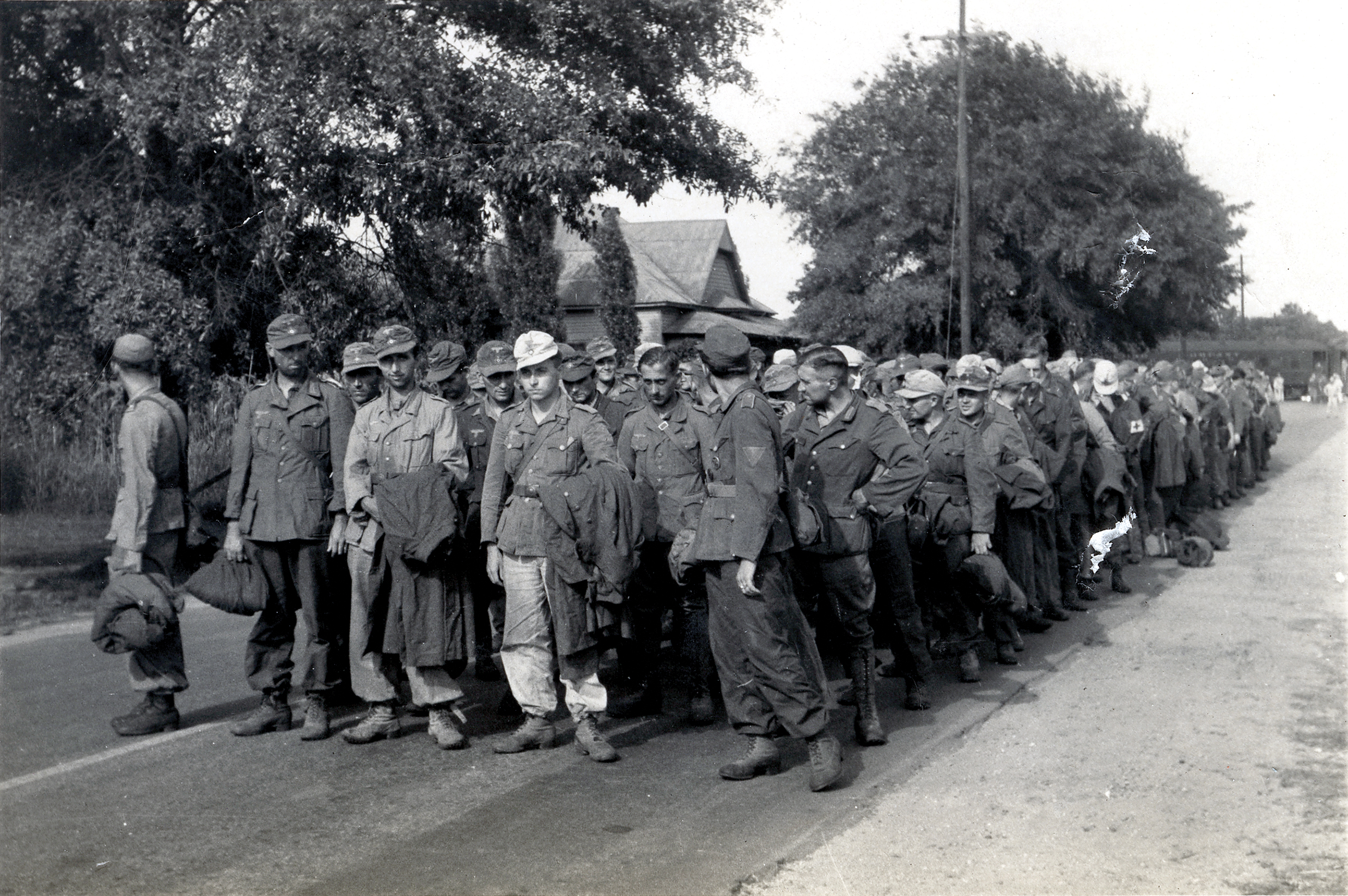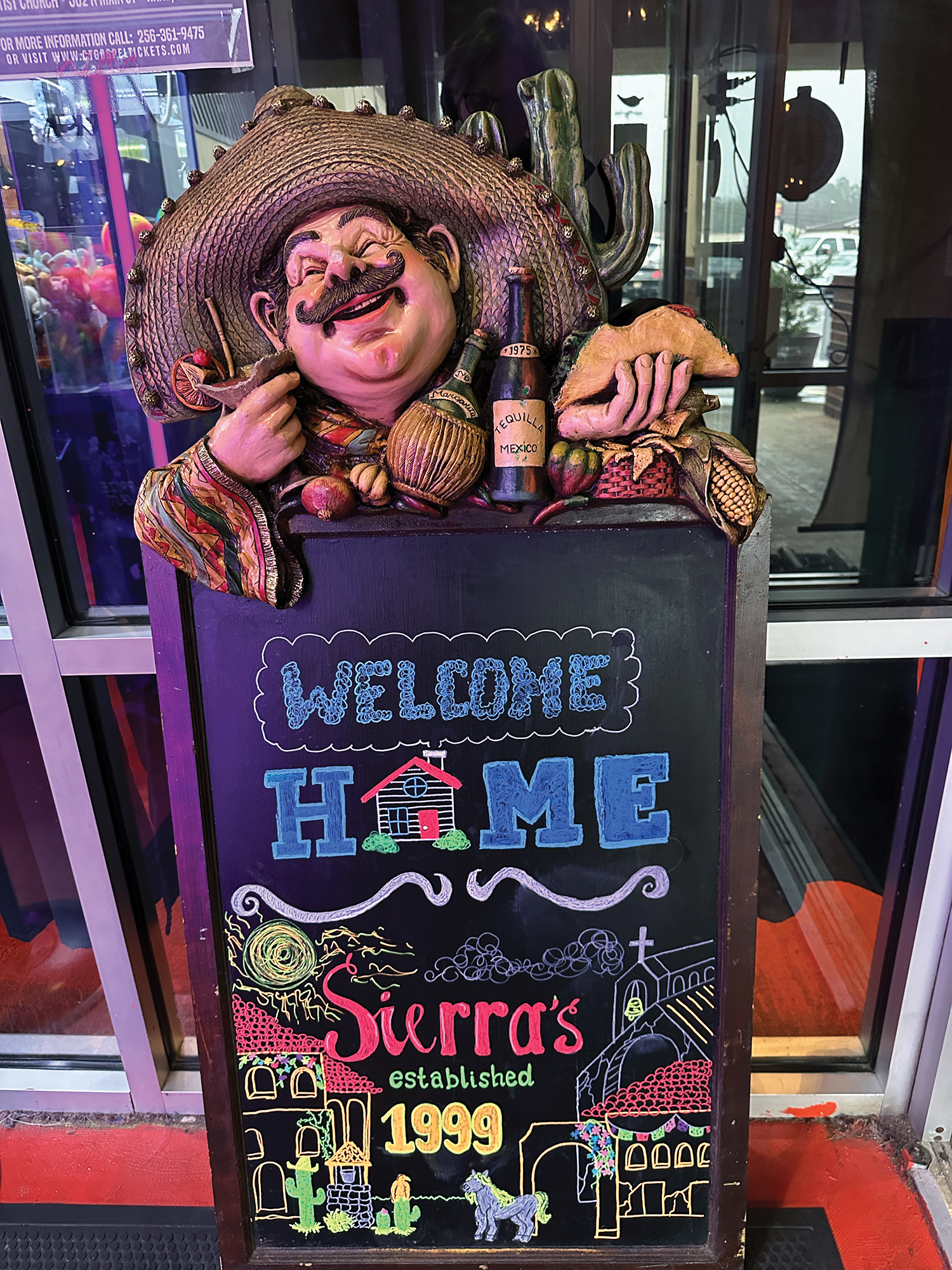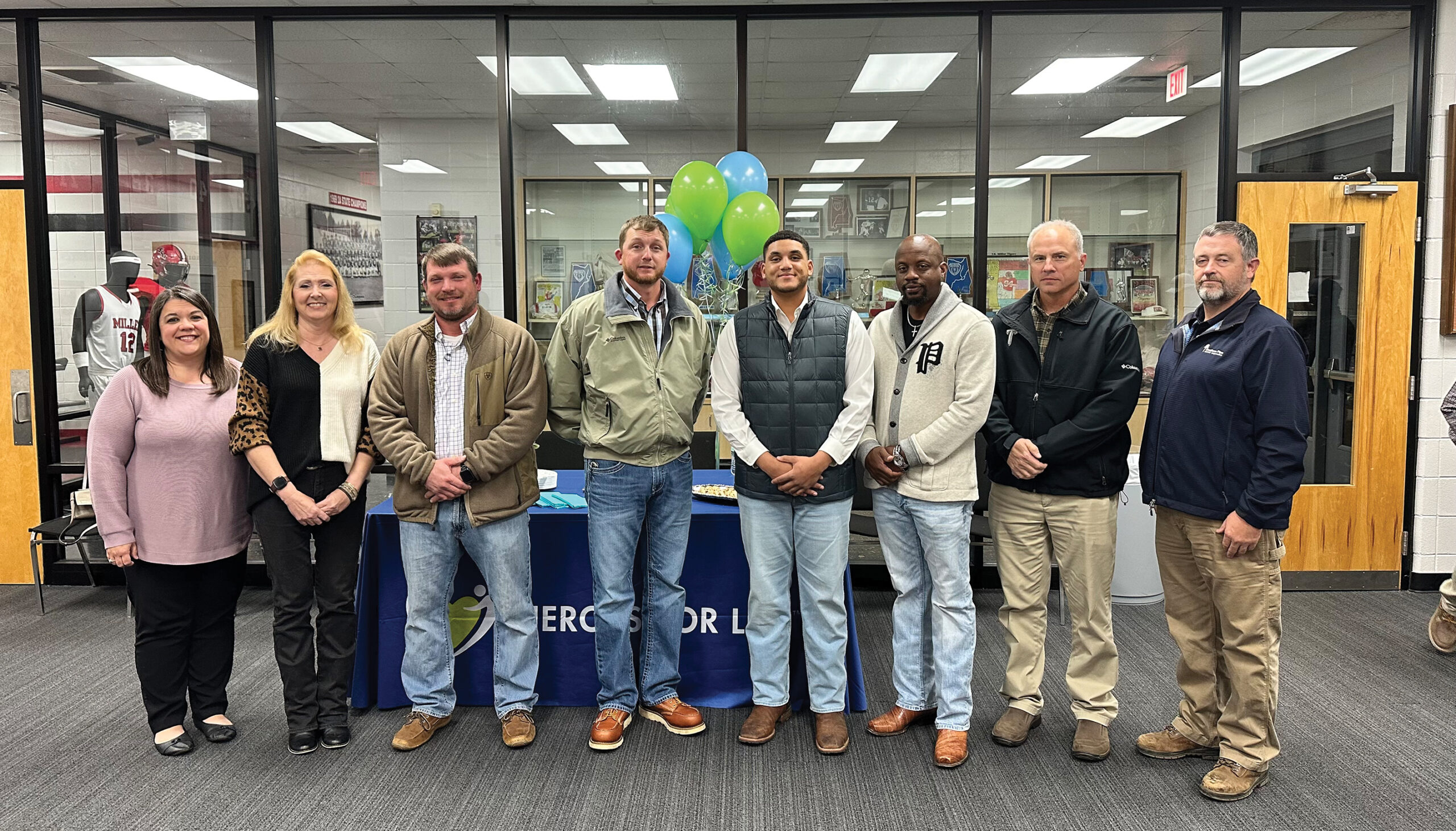Alabama Sustainable Agriculture Network builds a stronger farm and food system

By Katie Jackson
For most folks, the term “food network” likely conjures up images of frenzied chefs, stylish culinary gurus or dive-loving tattooed foodies. Within the Alabama Sustainable Agriculture Network, however, “food network” represents the many diverse but dedicated souls who are working, literally and figuratively, from the ground up to create a robust and enduring farm and food system.
As ASAN’s executive director Alice Evans says, “We are a grassroots network of, we like to say, farmers (particularly small-scale, sustainably oriented farmers) and eaters and everybody in between.”
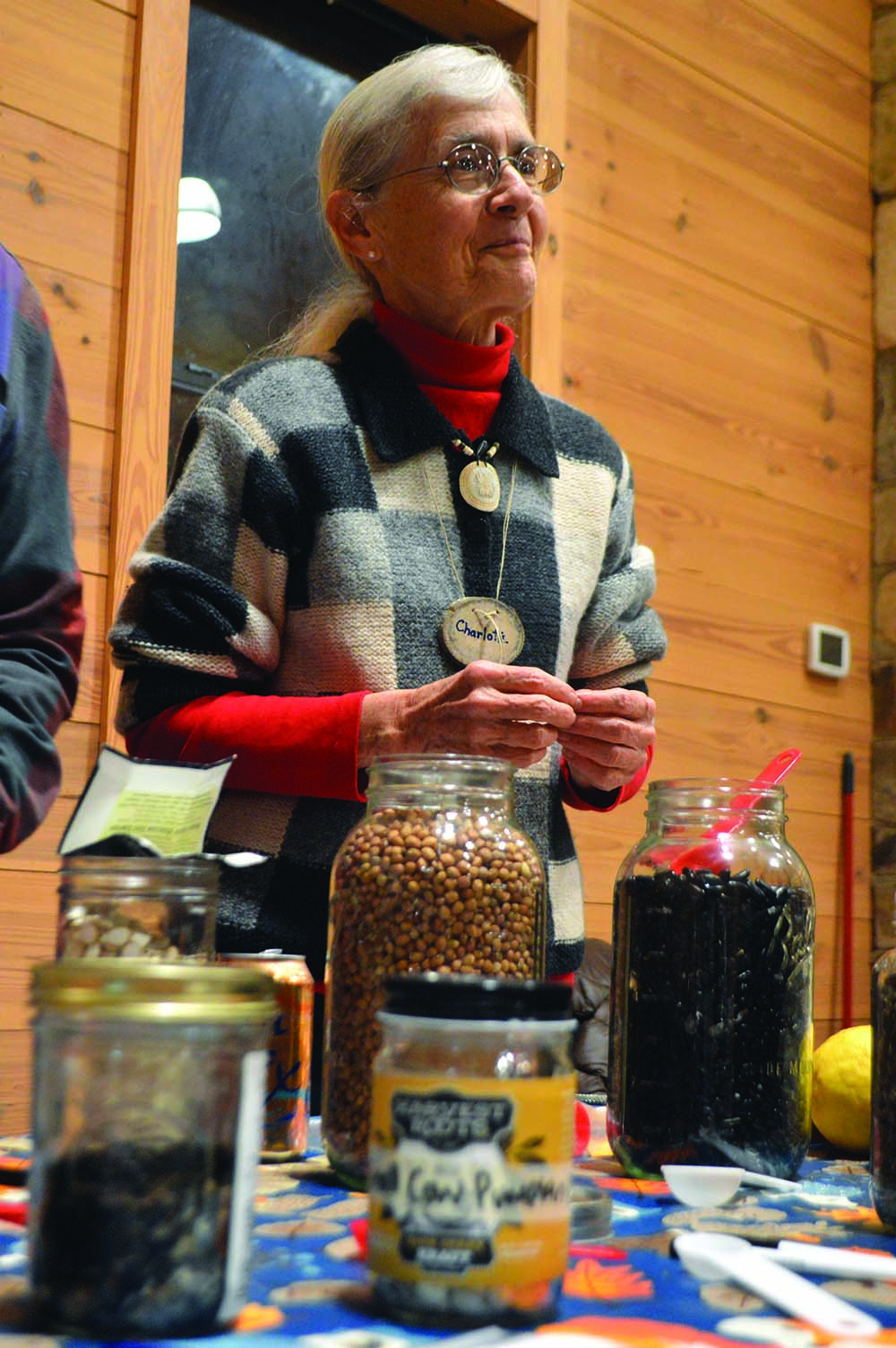
Photo courtesy of ASAN.
As its name suggests, the concept of sustainability — the ability to meet today’s needs while maintaining resources that will meet the needs of future generations — is fundamental to ASAN, which was established in 2001. But its goal is not to maintain the status quo; it’s to build a resilient, regenerative farm and food system, which ASAN’s leaders and members do by focusing on their mission: “to deepen relationships between all the people of Alabama, the food we eat and the place we live.”
“Our organization includes a vast cross-section of people who are interested in food, as we all should be,” ASAN program assistant Mindy Santo says.
“That’s what makes ASAN unique,” Evans adds. “It’s not just an organization of solely farmers; it includes people in the many roles that make up the food system.”
Among those people are farmers, gardeners, homesteaders, chefs, bakers, brewers, scientists, environmentalists, conservationists, farmers market and food bank managers, community organizers and many others from all walks of life. The network also includes people who simply want to live each day more sustainably and others who want to tap into sustainable entrepreneurial opportunities.
The diversity of people involved in ASAN is rivaled only by the diversity of subjects that interest them — organic farming to hydroponics, growing herbs to growing hemp, blacksmithing to sheep shearing, protecting water quality to making policy and much more.
Creating connections
What connects this diverse array of people and subjects is an interest in creating and sustaining a healthy, vigorous, diverse and perpetual food system, and ASAN strives to do just that. Throughout the year, the organization sponsors peer-to-peer workshops and field days where ASAN members share knowledge and skills with one another. In addition, it maintains an online calendar of sustainability-focused events sponsored by other organizations around the state, region and country.
Once a year, ASAN also holds a two-day Food & Farm Forum, an event described as “part conference, part fair and part reunion” where participants learn about such topics as crop and livestock production, woodland management, solar energy, carpentry, fermentation and traditional foodways, to name a few.
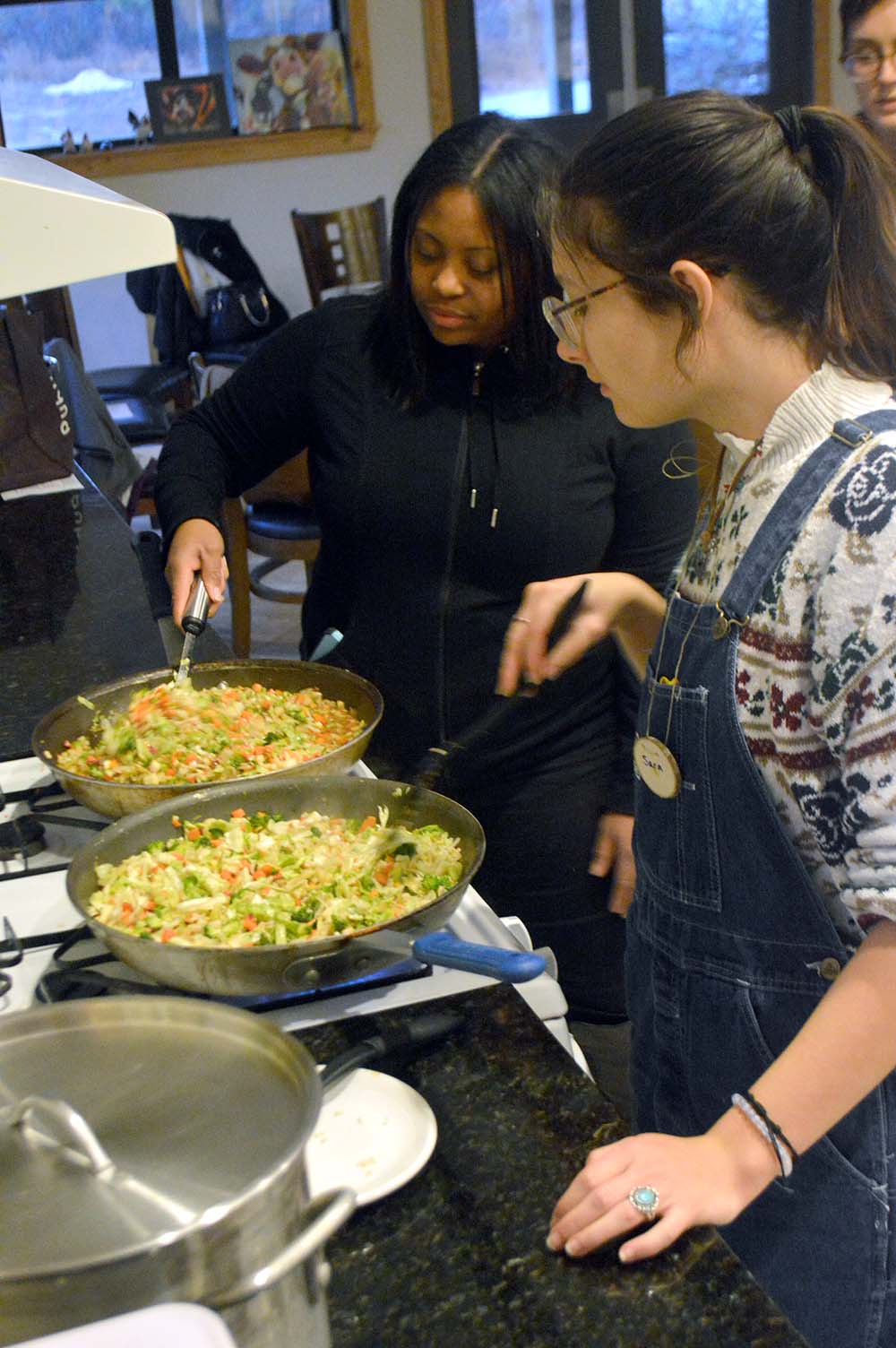
According to Evans and Santo, the Forum, to be Dec. 6-7 in Fairhope, allows for a lot of “cross-pollinating” as participants share stories, ideas and wisdom. And it’s open to anyone — ASAN members and nonmembers alike — regardless of their levels of skill and experience.
Last year, ASAN added a new facet of sustainability to the Forum, one focused on making sure that, as the current generation of farmers ages out, there will be another generation to follow them.
“The agricultural system we’re building must be intergenerational,” Evans says. If it’s not, it won’t be sustainable, so ASAN established a concurrent Youth Food & Farm Forum for 14- to 21-year-olds in an effort to cultivate interest in agriculture and food systems, give young people a voice in ASAN and train future leaders for sustainable agriculture.
In addition to these programs, ASAN is connecting eaters to their food and farmers by way of Food Network-worthy collaborations. Five years ago, ASAN kicked off Graze-Birmingham, which is a farm-to-fork picnic of favorite local farmers, chefs and friends. It pairs local chefs with local farmers who create dishes of “food alchemy.” And the alchemy is spreading: the first annual Graze-Huntsville will be July 14. (See sidebar for more details.)
All these events help carry out ASAN’s mission and vision, but what really makes a difference to many ASAN members is the organization’s network of connections and support.
Seed savers
Lawrence Rives and Charlotte Hagood of Albertville, Ala., have been deeply involved with ASAN since its early days when the two Sand Mountain natives were living in Birmingham and just beginning to garden organically and live more sustainably.
ASAN proved to be a great resource for their gardening and lifestyle efforts, but also for another vital part of sustainability — seed saving, which Hagood became involved in when a neighbor from back home on Sand Mountain gave her a handful of heirloom flower seed to plant. She’s been “taking in stray seeds that were going extinct” ever since.
After the couple moved back to Albertville — carrying with them a refrigerator full of precious seeds — Hagood and another seed saver she met through ASAN, Dove Stackhouse, established the Sand Mountain Seed Bank, a priceless collection of genetics and heritage that now takes up three refrigerators “and we’re working on a fourth,” Hagood says.
“ASAN, and especially Alice Evans, continues to be a source of huge support and inspiration for the seed bank and for many, many other folks in Alabama who love the Earth and good food,” Rives adds.
Katie Willis, a baker, farmer, book exchange founder and activist, connected with ASAN after returning to Birmingham a few years ago from an on-the-road career in farming.

She first fell in love with farming at the age of 16 while working on Jones Valley Urban Farm in Birmingham, then pursued it as a career by working on farms in Minnesota and New York before returning home a few years ago to work on an Alabama farm. During that time, Willis encountered some issues that plague the farming profession, including discrimination especially against women and minorities.
She left farming to work at Birmingham Breadworks, where she is able to connect her interests in food, farming and community building while also exploring ways to address social injustice. ASAN has been a big help in all those areas.
“ASAN has been good for me professionally and personally,” Willis says. “I have been able to interact with other farmers, but also meet people who have had similar experiences to mine.”
For her, ASAN is an exceptional resource. “It’s great knowing I can text someone with a question and also knowing I have a community of people who understand,” she says.
These are just a few of the many stories ASAN members tell about the value of the organization’s services and its human network, which is such a big part of ASAN’s focus.
As Evans says, “It’s not just about the information that can be shared or the money that can be exchanged, it’s about the community that undergirds our own food system.”
In other words, it’s about creating the ultimate food network, one made up of people who want to ensure a supply of healthy, affordable food now and for future generations to come.
Learn more about ASAN at asanoline.org, where you can also find a list of ASAN events as well as sustainability-focused programs hosted by other organizations and sign up for ASAN’s e-newsletter.
Steps toward sustainability
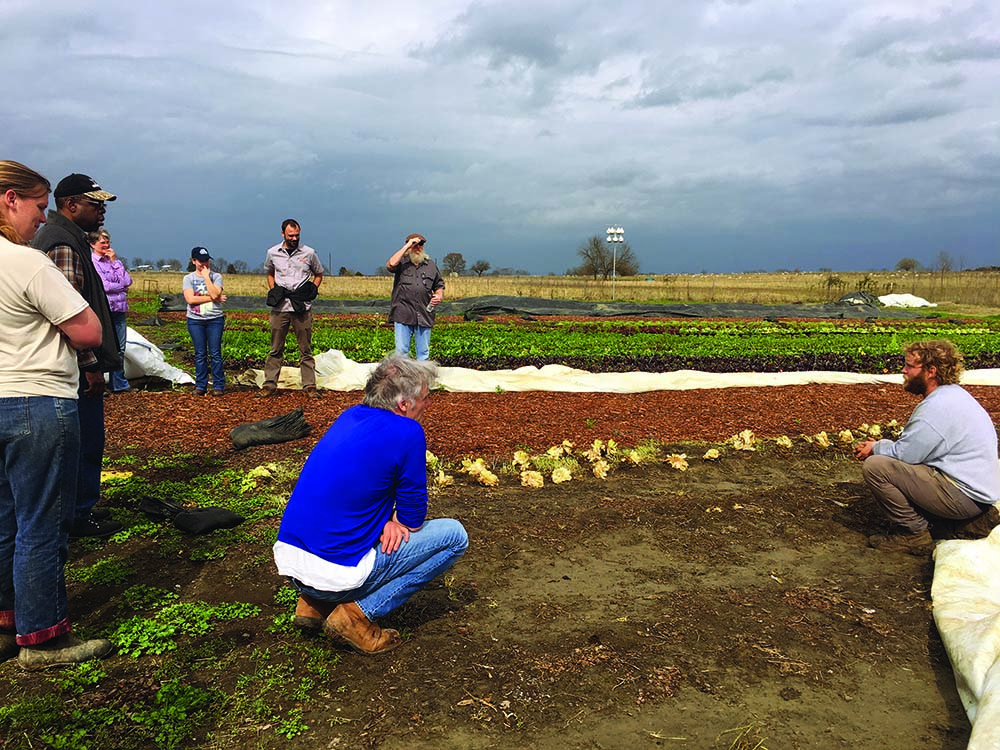
What can you do to support sustainable agriculture?
“Connect with your local agricultural system and understand the farmers making a living in your own backyard,” says ASAN Executive Director Alice Evans.
More specifically:
- Buy locally and buy sustainably.
- Frequent local farmers markets and U-pick operations.
- Ask farmers about the practices they use on their farms.
- Start a garden! “Even if it’s just growing a tomato plant, there’s something about being connected to seasonality, weather patterns and the soil that helps bridge the divide between consumers, farmers and land stewardship, which most people in our climate-controlled world are separated from,” says Evans. “If you can get closer to the system that supplies your food, you are more fully part of the ecosystem.”
- Join ASAN. Whether you’re a farmer, an eater or anything in between, you can find a network of help and community in the organization. “We are growing our base and we have a wide-ranging audience,” says Laura Nunez, ASAN’s administrative and program assistant in charge of membership. She added that various levels of membership are available, so no one is turned away because of financial constraints.
Graze on
ASAN’s Graze events, which serve as fundraisers and awareness raisers, offer people in urban communities a chance to connect with their farmers and their food. Here’s how they work.
A dozen or so farmer-chef pairs collaborate, each on a single dish and using ingredients grown by the farmers, that they serve in sample sizes to picnickers of all ages who can graze from booth to booth tasting the dishes while listening to music, sampling beverages and enjoying the company of others.
Among the farmer-chef creations are dishes appropriate for every culinary and dietary preference or restriction — vegans, vegetarians, meat lovers, gluten-free, low-carb and more. Everyone is welcome and the entry fee is based on a sliding scale so people from all economic backgrounds can attend.
- Graze: Huntsville will be from 5-8 p.m. July 14 at The Green at Campus 805. The event is hosted by ASAN in partnership with Greene Street Market at Nativity and sponsored by Huntsville Hospital.
- Graze: Birmingham will be from 5-8 p.m. Sept. 8 at Avondale Brewing Company. The event is hosted by ASAN and sponsored by EBSCO.
Tickets and details for each event are available at asanonline.org/graze/


